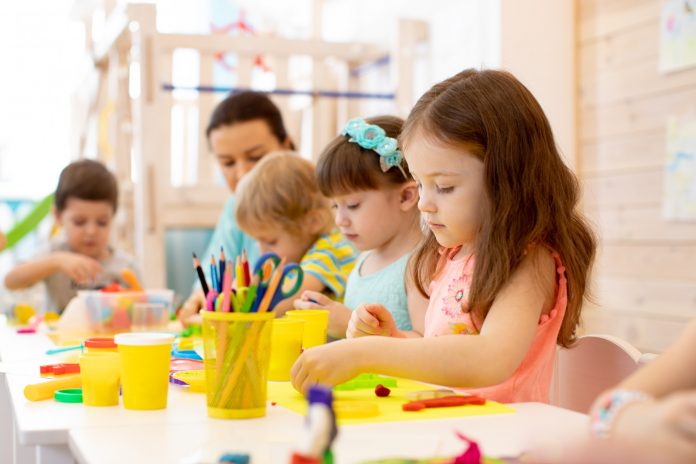The Royal Australasian College of Physicians (RACP) is again affirming the importance of keeping schools open for face-to-face learning across Australia, echoing it’s statement in the midst of the 2021 Delta outbreak that school closures should only be used as a last resort.
Physicians and paediatricians are concerned about the detrimental impacts on mental health, wellbeing, and learning that delays or closures will have on children and young people. School closures disproportionately affect children who face existing inequities – for example children with disability, from lower socio-economic backgrounds, and from culturally and linguistically diverse communities.
“We have been through Covid-19 for long enough to know that proper access to learning is vital to the physical, social and psychological wellbeing of students. That’s why we need a coordinated national plan for face-to-face learning, to minimise disruptions to school and ensure that children can access quality education,” says RACP President Professor John Wilson.
“We know that school closures can have negative impacts on children’s learning, development and wellbeing. They also add economic and psychological stress onto families who are already navigating the effects of the pandemic.
“Additionally, it may place unintended strain on healthcare systems as staff need to attend to childcare and home schooling if schools and childcare centres are closed.
“We have continuously been advocating for a range of measures to support keeping schools open, such as avoiding large gatherings, minimising age-group mixing on the school campus, clear hygiene protocols, physical distancing, mask use, staggering the start and end of the school day, and ventilating classrooms.”
In August 2021, the RACP asked to establish a national plan to prioritise face-to-face learning for school-aged children and adolescents.
“We need a nationally consistent approach to keep children and teachers safe, whilst also minimising school closures.
“On top of existing public health measures, continued vaccination and boosters for students and staff is crucial to ensuring schools remain healthy and safe environments for both groups.
“Access to free Rapid Antigen Test (RAT) kits will help to reduce the risk of transmission in schools and early learning centres and address the understandable anxiety around risk.”
“We must do everything we can to prioritise supporting children getting back to school, and keeping them there, and provide some guidelines on the path forward.”










